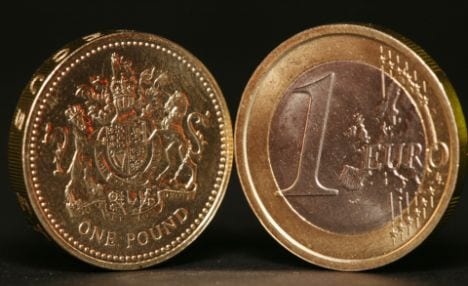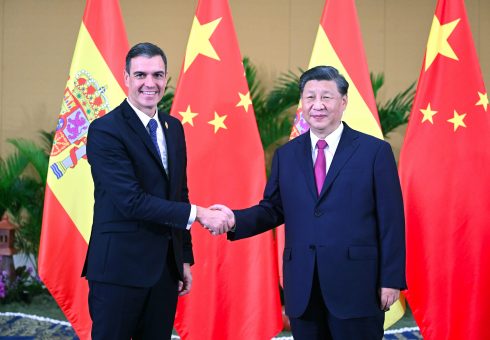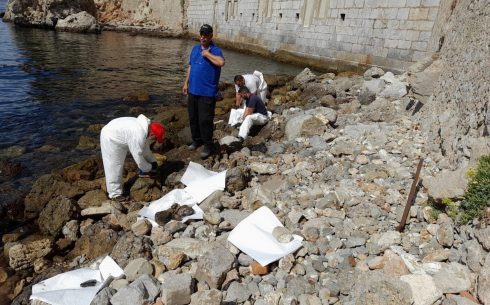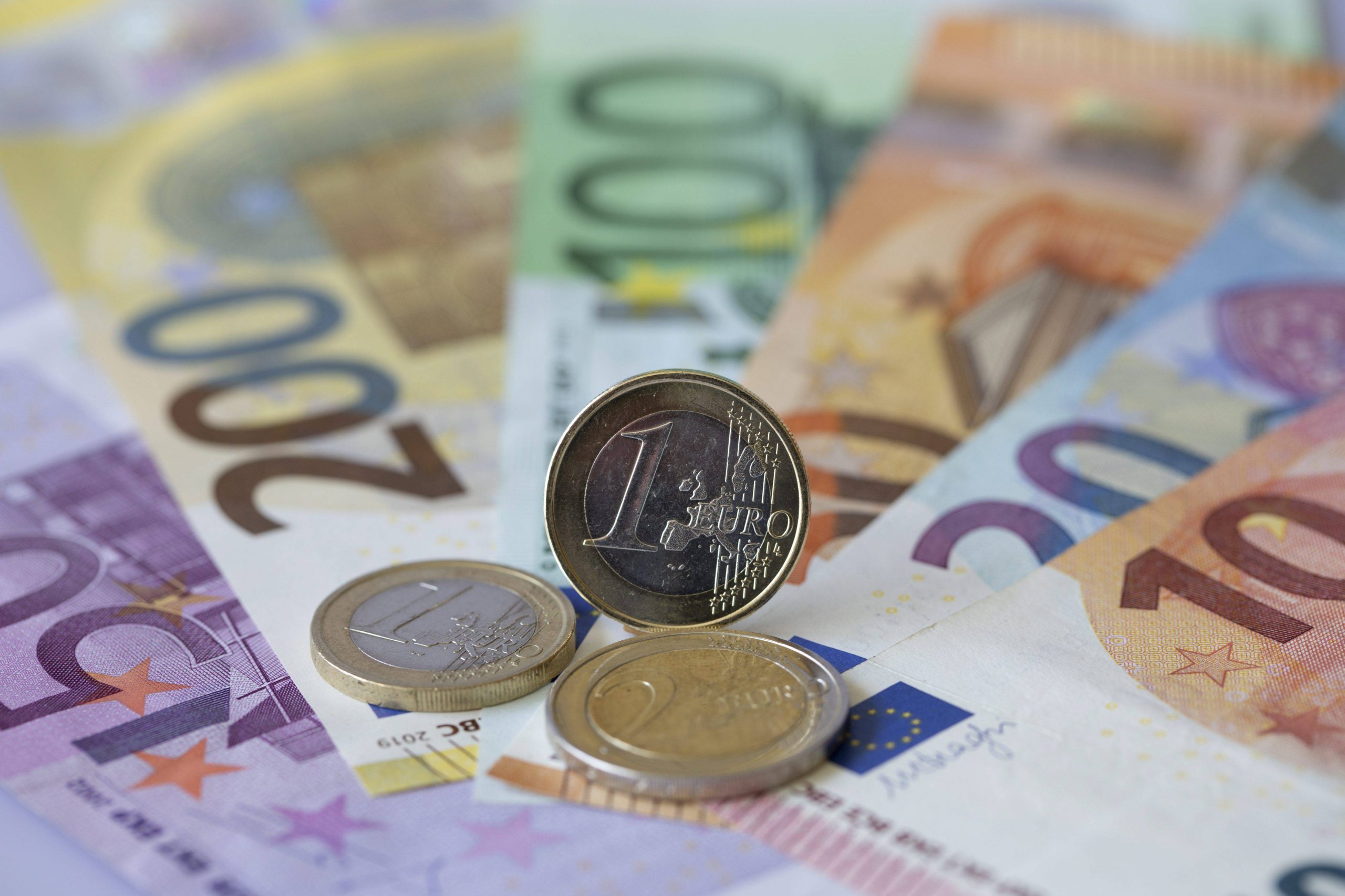THE pound euro (GBP/EUR) exchange rate fluctuated in a wide range through the first half of September, briefly touching a 19-month low before bouncing back.
Over the last two weeks, GBP/EUR traded between highs of €1.16 and lows of €1.14 before settling somewhere in the middle.
What’s been happening?
The pound euro exchange rate strengthened in early September after Russia extended its shut down of the Nord Stream 1 gas pipeline, fuelling fears of a possible Eurozone recession.
Meanwhile, GBP investors cheered the end of the Tory leadership election, hoping for political stability.
The euro then surged higher as Eurozone GDP growth beat forecasts ahead of the European Central Bank (ECB) interest rate decision.
However, the bank’s meeting itself caused mixed movement. The ECB hiked rates by 75 basis points but also slashed its growth forecasts, prompting volatility in EUR.
Likewise, Liz Truss’s energy support package faced a mixed reception. Markets cheered the announcement but were worried about the lack of details, particularly how it would be funded.
GBP/EUR then plunged to a 19-month low amid some surprising volatility. This seemed to be a knee-jerk reaction to Ukraine’s surprisingly swift and successful counteroffensive against Russia.
Sterling quickly regained this ground, despite UK GDP printing at 0.2% in July rather than the forecast 0.4%, and the pound euro exchange rate stabilised.
The UK’s mixed labour market report failed to boost the pound as freshly announced strikes in Felixstowe weighed on investor confidence. However, the UK’s CPI saw Sterling climb as headline inflation cooled and core inflation rose, providing some relief for consumers while still supporting Bank of England (BoE) rate rise bets.
Meanwhile, optimism around the European energy crisis was tempered by anxiety over a likely recession in German, Europe’s largest economy.
What do you need to look out for?
The first major event of the coming fortnight is the BoE delayed interest rate decision. The BoE was due to meet on 15 September, but it postponed the event in respect of the national mourning period for the death of the Queen.
At the time of writing, the consensus among economists is that the BoE will opt for another 50bps hike, although there is a chance it could raise rates by 75bps. A steeper rate rise could see GBP/EUR strengthen, while the pound may also enjoy improved economic forecasts from the BoE following Truss’s energy intervention.
The latest flash PMIs for the UK and the Eurozone could impact the pound euro pair. If private sector activity improves in either region it should support the relative currency.
At the end of the month, the flash eurozone CPI is due out. If inflation continues to climb, ECB rate rise bets may boost EUR.
Meanwhile, markets will be keen to hear the details of Liz Truss’s energy plans. Chancellor Kwasi Kwarteng is due to deliver a financial statement in the week following the Queen’s funeral. Economists’ analysis of his mini-budget could prompt pound volatility.
Finally, news about Ukraine and European energy costs could also drive significant movement. Could the situation continue to improve, thereby boosting the euro?
Protecting against volatility
This kind of volatility can cause some nasty surprises if you need to transfer money overseas. On a £200,000 transfer, that two-cent gap between €1.16 and €1.14 translates to a €4,000 difference. And the larger the sum, the higher the discrepancy.
Fortunately, there are ways that you can protect against volatility.
Specialist currency brokers, such as Currencies Direct, offer different tools to help you navigate the ups and downs of the currency market.
For instance, you can use a forward contract to secure an exchange rate for up to a year. This way, you won’t lose out if the market moves against you.
Services like rate alerts and daily updates make it easy to keep track of what’s going on in the forex world so that you can make informed decisions. And with Currencies Direct you’ll have a dedicated account manager there to provide guidance and support whenever you need them.
At Currencies Direct we’re here to talk currency whenever you need us, so get in touch if you want to know more about the latest news or how it could impact your currency transfers.
Since 1996 we’ve helped more than 325,000 customers with their currency transfers, just pop into your local Currencies Direct branch or give us a call to find out more.
For more information visit: https://www.currenciesdirect.com/en
Find you local office in Spain here.








